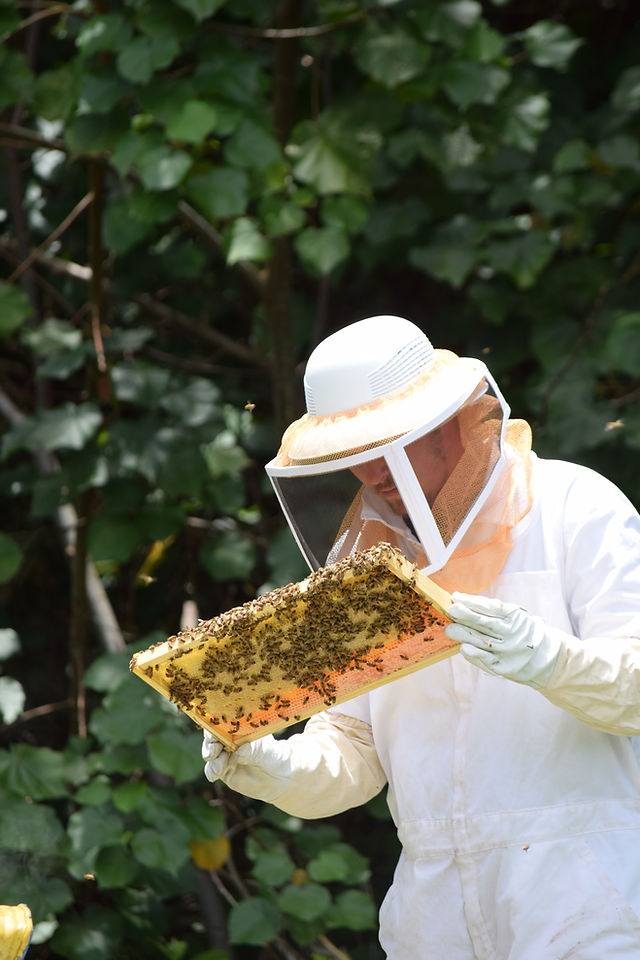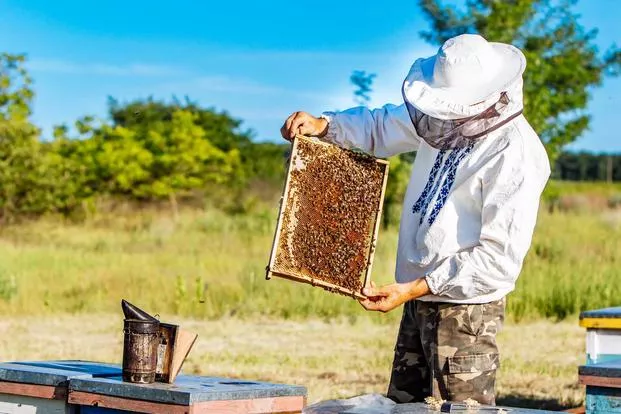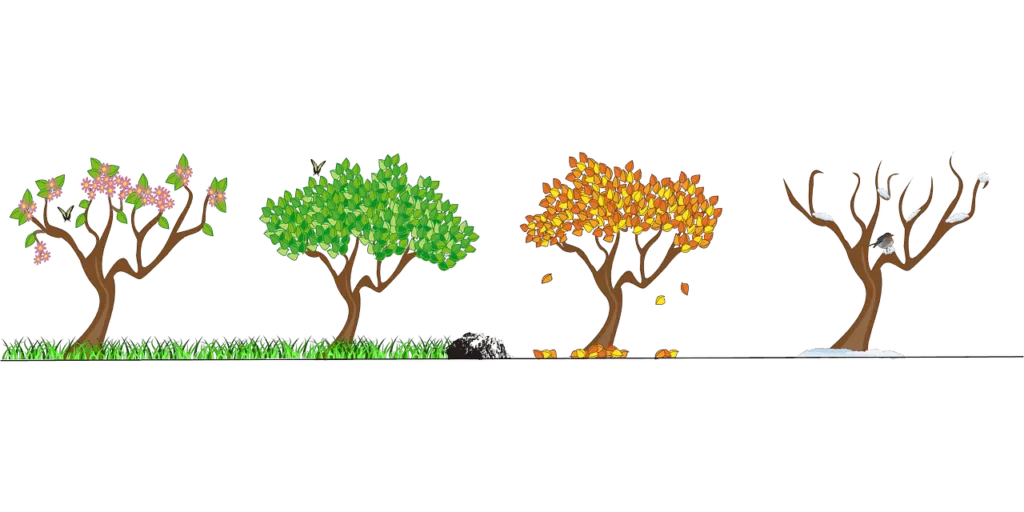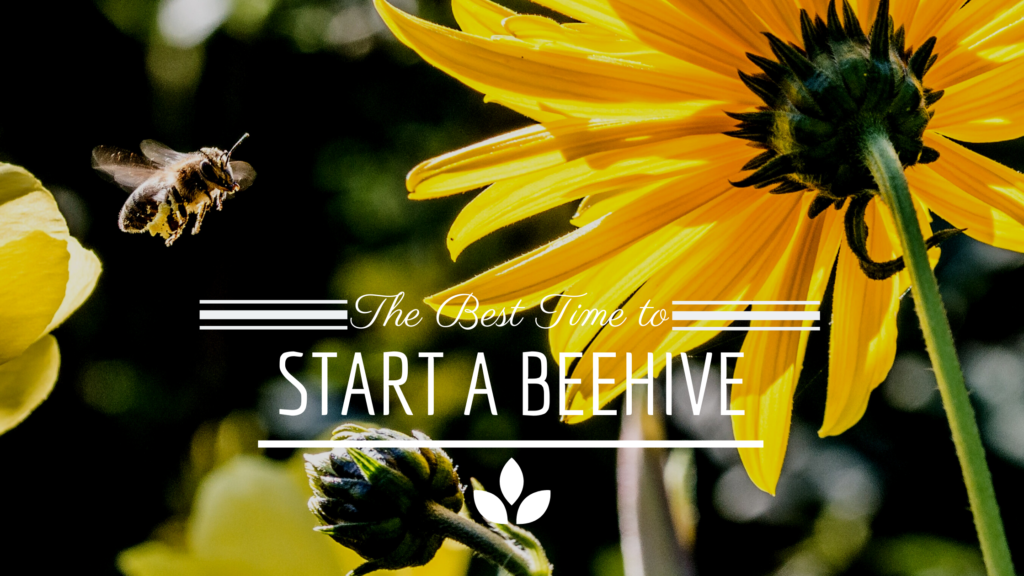
If you’ve ever considered starting beekeeping, you might find yourself wondering about the best time of year to embark on this rewarding journey. Whether you’re a nature lover, an aspiring beekeeper, or someone simply interested in the magical world of bees, understanding the optimal time to begin your beekeeping adventure is essential. In this article, we’ll explore the factors that can influence the ideal time to start beekeeping, helping you make an informed decision for a successful start to your beekeeping endeavor.
Choosing the Best Time of Year
When it comes to starting beekeeping, choosing the right time of year is crucial. Different seasons offer unique advantages and challenges for beekeepers. Factors like local climate, availability of bees, and the time and commitment required are important considerations. By understanding these factors and weighing your options, you can make an informed decision about the best time to embark on your beekeeping journey.
Factors to Consider
Before delving into the specifics of each season, it’s important to consider some key factors that will influence your decision. These factors include the local climate, availability of bees, and the time and commitment required for beekeeping.
Local Climate
The local climate plays a significant role in the success of your beekeeping venture. Bees are highly sensitive to temperature and weather conditions, so choosing a time of year when the climate is favorable is crucial. Extreme temperature fluctuations, excessive rain, or prolonged drought can negatively impact your bees’ health and productivity. It’s essential to select a time of year when the climate in your area is suitable for beekeeping activities.
Availability of Bees
Another important factor to consider is the availability of bees. Bees are in high demand, especially during the spring when many beekeepers start new colonies. It may be easier to find bee packages, nucleus colonies, or bee swarms during certain times of the year. Considering the availability of bees will help you plan ahead and ensure you have access to the necessary bee population when you start your beekeeping journey.
Time and Commitment Required
Beekeeping requires time and commitment. It’s not a hobby that you can dabble in occasionally. Bees need regular care and attention throughout the year. The time and effort you can dedicate to beekeeping will influence the best time of year for you to start. Some seasons require more hands-on involvement, while others may have fewer demands. Consider your schedule and availability when selecting the ideal time to begin beekeeping.
Spring: A Popular Time to Start Beekeeping
Spring is often considered the best time of year to start beekeeping. Many beekeepers choose to begin their beekeeping journey in the spring for several reasons.
Advantages of Starting in Spring
Starting in the spring allows bees to make the most of the blooming flowers. Springtime is a season of abundant nectar and pollen sources, providing bees with ample food to build up their colonies. Moreover, the hive thrives in warm weather, which is typically found in spring. Bees can easily regulate their hive temperature and maintain an optimal environment for brood rearing and honey production.
Availability of Blooming Flowers
Spring brings an array of blooming flowers, which serve as abundant sources of nectar and pollen. These floral resources are essential for the bees’ survival and honey production. Starting your beekeeping journey in the spring ensures that your bees have access to a diverse and plentiful food supply, setting them up for a successful season.
Hives Can Thrive in Warm Weather
Spring brings mild temperatures that are conducive to the growth and development of the hive. Bees can easily maintain the ideal temperature in the hive, which benefits brood rearing and colony expansion. With favorable weather conditions, the chances of your bees successfully establishing themselves are significantly higher.
Bees Have Sufficient Time to Establish
Starting in the spring allows bees to establish themselves and build strong colonies before the challenges of winter arrive. Bees need time to gather nectar, pollen, and propolis, and to build up their honey reserves. By starting in the spring, you provide your bees with ample time to strengthen their numbers and accumulate enough resources to survive the colder months.

Summer: Another Suitable Time to Begin Beekeeping
While spring may be the most popular time to start beekeeping, summer also presents favorable conditions for beginning your beekeeping journey.
Benefits of Starting in Summer
Starting in the summer means that your bees will have access to abundant nectar and pollen sources. Summertime brings a rich variety of blooming plants, trees, and crops, providing a diverse diet for your bees. This diversity in their food sources contributes to healthy and robust colonies.
Plentiful Nectar and Pollen Sources
During the summer, bees have a plethora of nectar and pollen sources available to them. The warm weather encourages the blooming of various flowering plants, ensuring a continuous supply of food for your bees. With a wide range of sources to choose from, your bees can collect a diverse mix of nectar and pollen, resulting in unique and flavorful honey.
Temperature Conditions for Beekeeping Activities
Summer provides favorable temperatures for beekeeping activities. Bees are more active during warmer months, allowing you to observe their behavior and learn about their habits. It is also easier to inspect and manage your hives when the weather is warm and pleasant. Summer provides an ideal environment for both you and your bees to thrive.
Potential Honey Harvest
Starting in summer allows ample time for your bees to gather nectar and store honey before the onset of colder weather. By the end of the summer, your bees may have built up sufficient honey reserves, providing you with the opportunity for a potential honey harvest. However, the availability of a significant honey yield is influenced by various factors like the local flora, bee population, and weather conditions.
Fall: Considerations for Starting Beekeeping
While starting in the fall has its unique advantages, it also comes with some challenges that novice beekeepers should carefully consider.
Advantages and Challenges of Fall Start
One advantage of starting in the fall is the availability of late-season nectar and pollen sources. Fall flowers, like goldenrod and asters, provide valuable forage for bees. Additionally, fall offers milder weather conditions, which can be more comfortable for beekeepers. However, starting in the fall also means you’ll have minimal or no honey harvest during the first year. The primary focus during fall beekeeping is preparing your bees for the coming winter.
Late Season Nectar and Pollen Sources
Fall flowers serve as a crucial food source for bees. Goldenrod, asters, and other late-season blooms offer nectar and pollen that the bees can collect and store as winter food supplies. Starting beekeeping in the fall gives your bees the opportunity to capitalize on these late-season resources and increase their honey stores for winter survival.
Preparing Bees for Winter
Fall is the time to help your bees prepare for winter. As temperatures drop, bees reduce their activity, and their focus shifts to winter survival. Starting in the fall allows you to ensure your bees have sufficient food reserves and a properly insulated hive. Proper preparation involves managing mite levels, providing supplemental feeding if necessary, and protecting the hive from harsh weather conditions.
Minimal Honey Harvest
It’s important to note that starting beekeeping in the fall will likely result in little to no honey harvest during the first year. The bees’ primary goal in the fall is to accumulate enough honey stores to sustain themselves through winter. Harvesting honey during this time can jeopardize their survival. If you prioritize honey production, starting in the fall may not be the best option for you.

Winter: Not an Ideal Time for Beginners
Winter is generally not recommended as the time to begin beekeeping, especially for novice beekeepers. Winter presents unique challenges that can be overwhelming for beginners.
Challenges of Starting in Winter
The lack of flowering plants during winter makes food scarce for bees. Bees rely on nectar and pollen from blooming flowers to survive, but these resources are scarce during the cold months. You would need to provide your bees with supplemental feeding, which requires careful monitoring and special care.
Lack of Flowering Plants
Winter is a dormant period for most plants, with limited or no flowering occurring. Bees rely on these flowers for sustenance and, without them, the food supply becomes scarce. Supplemental feeding, such as sugar syrup or fondant, becomes crucial to ensure your bees have enough nourishment to survive the winter.
Limited Bee Activity
During winter, bees become less active and cluster together inside the hive to generate heat. This reduced activity means fewer opportunities for beekeepers to observe and learn from their bees. For beginners, the lack of bee activity can hinder their understanding of hive dynamics and management.
Special Care and Monitoring Needed
Winter beekeeping requires special care and monitoring. Managing moisture levels, ventilation, and the overall hive condition are essential to prevent issues like condensation, mold growth, and mite infestations. Beekeepers must be vigilant and knowledgeable about winter management practices to ensure the survival of their colonies.
Other Factors to Keep in Mind
Beyond the choice of season, there are other important factors to consider when starting beekeeping.
Knowledge and Preparation
Before embarking on a beekeeping venture, it’s essential to acquire the necessary knowledge and skills. Beekeeping courses, books, and mentorship from experienced beekeepers can provide a solid foundation. Understanding bee biology, hive management techniques, and recognizing common challenges will help you navigate the ups and downs of beekeeping.
Local Regulations and Laws
Beekeeping is subject to regulations and laws that vary from one jurisdiction to another. Familiarize yourself with any local regulations, permits, or restrictions that apply to beekeeping in your area. Staying compliant will ensure a smooth and lawful beekeeping experience.
Economic Considerations
Starting beekeeping involves certain costs, including acquiring bees, purchasing hive equipment, and investing in protective clothing and tools. Additionally, ongoing expenses for bee food, maintenance, and potential treatment against pests and diseases should be considered. Assess your budget and determine the financial feasibility of starting beekeeping.
Availability of Beekeeping Supplies
Availability of beekeeping supplies can vary throughout the year. Before deciding on a start time, ensure that the necessary equipment and supplies, such as hives, frames, and protective gear, are readily available. It’s best to have these items on hand before bringing home your bees.

Conclusion
Choosing the best time of year to start beekeeping involves evaluating various factors and considering your individual preferences and circumstances. Spring and summer are generally the most popular times to begin. They offer favorable conditions, abundant food sources, and opportunities for honey production. Fall presents its own advantages and challenges, while winter is generally not recommended for beginners due to the unique demands and risks it poses. Consulting experienced beekeepers, acquiring knowledge, and continuously learning and adapting will contribute to your success as a beekeeper. With careful consideration and proper planning, you can embark on a rewarding beekeeping journey and contribute to the well-being of these remarkable pollinators.